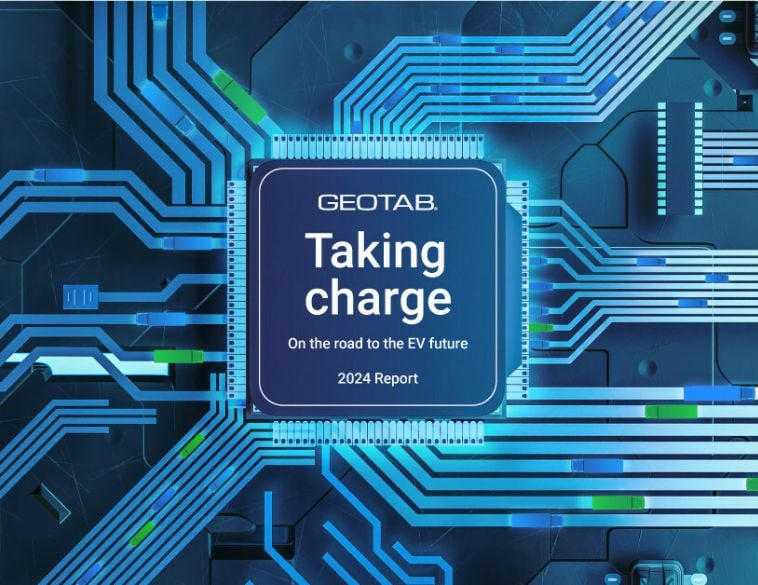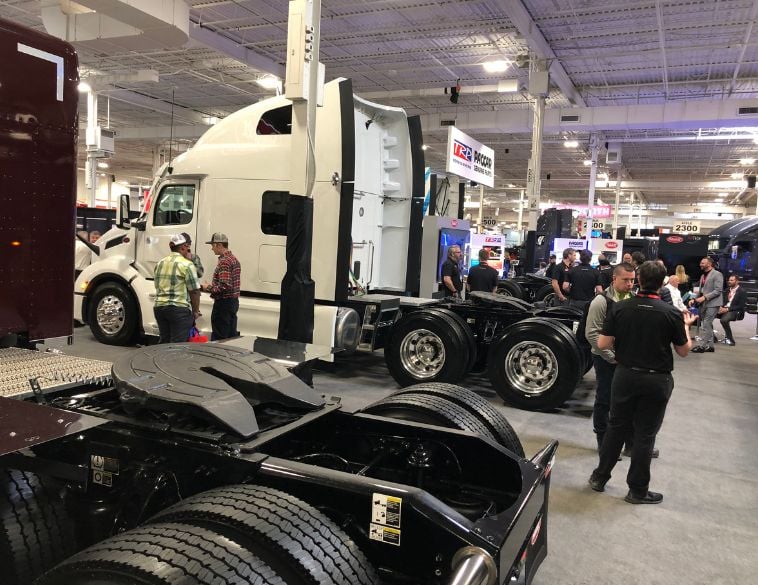With everything costing more, fleet efficiency takes on a new meaning.
Inflation will be the stand-out memory of 2022 for me and many other fleet managers. If 2020 was the year of the pandemic and 2021 was the year of the pandemic (chorus), 2022 is the year of unexpected and unwanted price surprises.
Biggest impact
Fuel has had the biggest impact on budgets and there is precious little anyone can do to mitigate the cost increase in the short term. Over several years we can acquire more fuel-efficient vehicles but for the next several months we must absorb it and keep going. In my own organization, we just received four electric vehicles which took 14 months to arrive from the date of order. We should mention the vendor held the quoted price. Other vendors have asked us to pay more for vehicles already tendered and awarded.
We may have avoided fuel shortages because we stopped driving for a good chunk of 2020 but my drive to work doesn’t seem any different now than it was in 2019. The war in Europe seems to have severe implications for that part of the world and may drive energy prices higher everywhere, but so far hasn’t created lineups for gasoline in this country.
This may be inviting an avalanche of sales pitches from all the promoters of energy-saving devices and fuel additives that went away about a decade ago. I remember the secret magnets that went on the fuel line to make all the molecules in the fuel line up straight. The competition for that gag was a device that went into the fuel line and acted as a propellor to scramble the molecules in the fuel. Both gizmos claimed the output was more complete fuel combustion leading to reduced consumption and emissions. They eventually went away. That was because a group of fleet managers got together to put a stop to the constant barrage of phony advertising, by insisting on performance verification from a reputable organization.
Combustion versus efficiency
It pays off to understand the difference between fuel combustion and engine efficiency. The combustion of fuel in an internal combustion engine is within a few thousands of one percent below 100%. Otherwise, where is the fuel that didn’t burn?
“Engine efficiency” is a term used to try and confuse the product’s performance claim. It is true that internal combustion engines can only turn 25% to 30% of the energy in fuel into force to make the vehicle move. The rest is lost in heat which is why our internal combustion engines need such massive cooling systems. If the performance claim says that fuel combustion is only 25% to 30% and the product can improve that, this is deliberately misleading. And avoid “trying it out yourself”. Unless you have a science or engineering degree to perform the proper analysis and comparisons, testimonials aren’t worth the paper they are written on.
Inflation in the years between 1976 and 1986 was so bad that car manufacturers increased their prices three and four times during each model year. I can’t tell if we will see that in the next few months and I can only hope that we won’t. Wage and price controls mandated by the government had no effect then and won’t be a good solution now.



